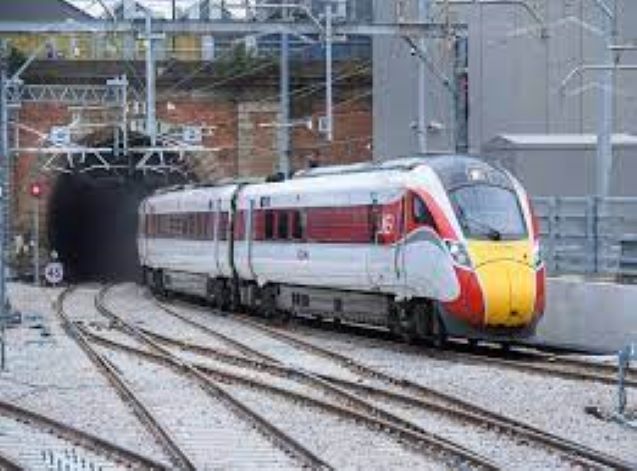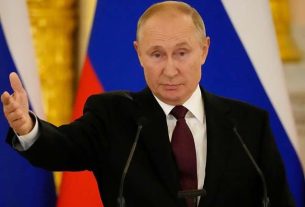LONDON: Public transport workers in London held fresh strikes on Friday over pay and conditions, cutting services on almost all underground and overground rail lines that link up the UK capital.
The latest walkout comes during a summer of industrial action across Britain, with workers in various sectors pushing for pay rises in line with decades-high inflation and the soaring cost of living.
Britain’s slide towards a recession has gathered momentum after data this week showed inflation jumping above 10 per cent, wages lagging far behind price growth and consumer confidence sinking to a record low.
The deteriorating picture for the world’s fifth-biggest economy comes after the Bank of England warned this month of a 15-month contraction from the end of this year, worse than the outlook for other big European economies and the United States.
Higher-than-expected public borrowing figures on Friday underlined the hard decisions facing the next prime minister about how to expand help for the poorest households, which has so far fallen short of support given by most other European governments.
The stakes were laid bare by a warning from public healthcare providers that Britain faced a “humanitarian crisis” as soaring energy prices put many poorer Britons at risk of physical and mental illness.
“Many people could face the awful choice between skipping meals to heat their homes and having to live in cold, damp and very unpleasant conditions,” Matthew Taylor, chief executive of the NHS Confederation, said.
The scale of the hit to households from their energy bills will become clearer next Friday when regulators announce the latest leap in the cap on electricity and gas tariffs, which have surged since Russia’s invasion of Ukraine.
A spokesperson for Transport for London, responsible for most of the capital’s network, said there were “almost no tube (Underground) services” with only a couple of lines functioning with “very reduced services”.
Members of the RMT transport workers union, which represents a majority of the workforce, called Friday’s strike over job cuts, pension security, pay and changes to working practices.
The strike action comes after nationwide rail strikes on Thursday hit the majority of services, as union members have rejected an eight percent pay rise offer that is below inflation. There will be further nationwide rail strikes on Saturday. The RMT has refused to put an end date on the industrial action.
London Mayor Sadiq Khan, an opposition Labour politician, told Sky News he did not back strike action but understood why transport workers are “frustrated and worried”, saying the government “shouldn’t be punishing hardworking transport workers.” The government has taken a tough line on strikes, vowing not to participate in talks.
Transport minister Grant Shapps told Sky News that ministers want to push through modernisation that the RMT union opposes, including on Sunday working.
Economic crisis
Already almost double their levels of a year ago, the tariffs could double again by early next year.
Next week’s announcement comes against the backdrop of a record fall in wages, excluding bonuses and adjusted for the jump in inflation which has hit 10.1pc, its highest level since 1982.
Consumers provided some relief from the flow of bad economic news as data on Friday showed retail sales volumes unexpectedly edged up in July.
However, the increase was largely driven by online discounts, and real-time figures on spending using debit and credit cards have shown a big drop in spending in early August.
Retailers say they are already deep in crisis mode. “For many businesses, 2022 is proving to be every bit as challenging as the pandemic,” Helen Dickinson, chief executive of the British Retail Consortium, said.
Soaring inflation and the Bank of England’s forecast of a long — albeit relatively shallow recession — have heightened the dilemma facing the central bank.
It has already raised interest rates six times since December, slowing momentum in the economy, but signs of broadening inflation pressures have prompted economists to raise their forecasts for further hikes in borrowing costs.
Analysts at Investec said on Friday they now expect the BoE to raise rates by half a percentage point for a second time in a row in September followed by a final quarter-point increase in November, before it cuts rates in 2023 to ease the recession.__Dawn.com





